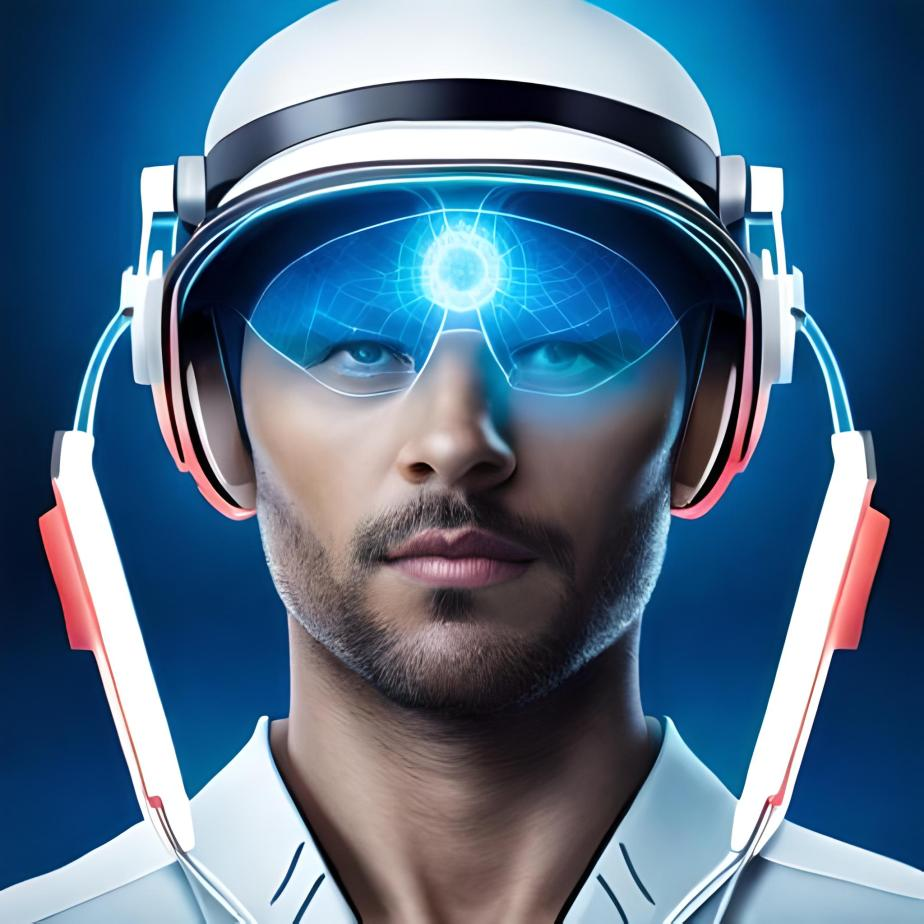Top 5 Emerging Technologies Shaping the Future of Healthcare
The healthcare industry is experiencing a technological revolution that promises to transform patient care, enhance diagnostics, and revolutionize treatment methods. In this blog post, we will explore the top five emerging technologies that are poised to shape the future of healthcare. From artificial intelligence to virtual reality, these innovations hold immense potential to revolutionize the way we approach healthcare and improve patient outcomes.
- Artificial Intelligence in Diagnostics:Artificial intelligence (AI) is revolutionizing the field of diagnostics by analyzing vast amounts of patient data, detecting patterns, and assisting in accurate diagnoses. Machine learning algorithms can quickly and accurately interpret medical images, identify anomalies, and aid healthcare professionals in making informed decisions.
- Telemedicine and Remote Patient Monitoring:Telemedicine has gained significant momentum in recent years, especially in remote areas where access to healthcare is limited. With advancements in technology, patients can now consult with doctors through video calls, receive remote monitoring of vital signs, and even undergo virtual examinations. This technology is bridging the gap between patients and healthcare providers, improving access to care, and reducing unnecessary hospital visits.
- Precision Medicine and Genomics:Advancements in genomics and personalized medicine are revolutionizing the approach to treatment. By analyzing an individual's genetic makeup, healthcare professionals can tailor treatments to specific genetic profiles, increasing their effectiveness and minimizing adverse reactions. Precision medicine is transforming how we treat diseases, offering personalized and targeted therapies for better patient outcomes.
- Internet of Medical Things (IoMT):The Internet of Medical Things (IoMT) refers to the network of interconnected medical devices and healthcare systems. From wearable devices that monitor vital signs to smart pills that track medication adherence, IoMT is enabling real-time data collection, remote monitoring, and improved patient engagement. This technology has the potential to enhance preventive care, enable early disease detection, and improve overall healthcare delivery.
- Blockchain in Healthcare:Blockchain technology is finding its application in healthcare by providing secure and transparent storage and sharing of medical records. It ensures data integrity, privacy, and interoperability, facilitating a seamless exchange of information between healthcare providers, reducing medical errors, and empowering patients with control over their medical data. Blockchain has the potential to revolutionize data management, enhance patient privacy, and streamline healthcare operations.
The future of healthcare is incredibly promising, thanks to the rapid advancements in emerging technologies. From artificial intelligence and telemedicine to precision medicine and blockchain, these innovations are reshaping the landscape of healthcare, making it more accessible, personalized, and efficient. As we embrace these technologies, we must also ensure ethical considerations, data privacy, and the seamless integration of these advancements into existing healthcare systems. The future of healthcare is bright, and these emerging technologies are at the forefront of this transformative journey.

No comments: